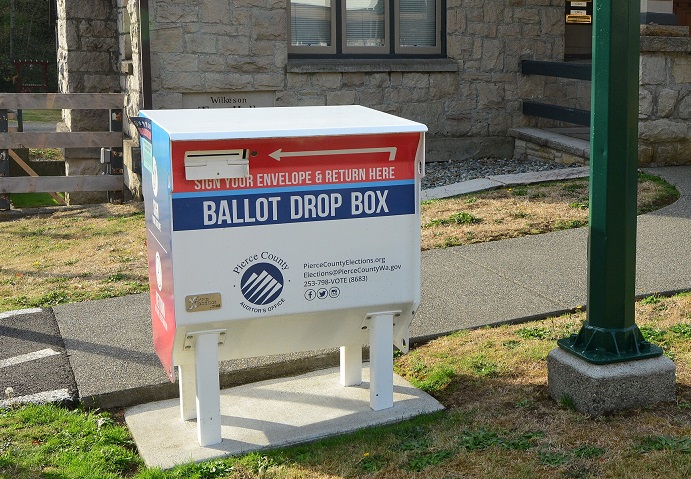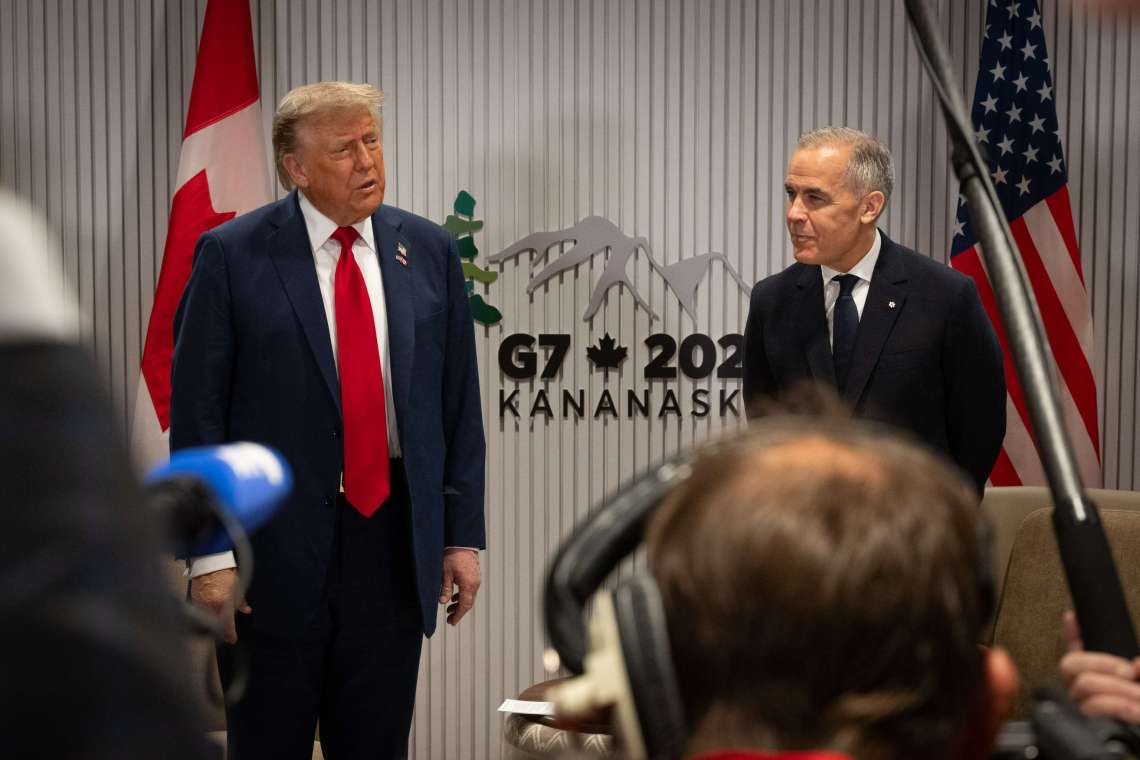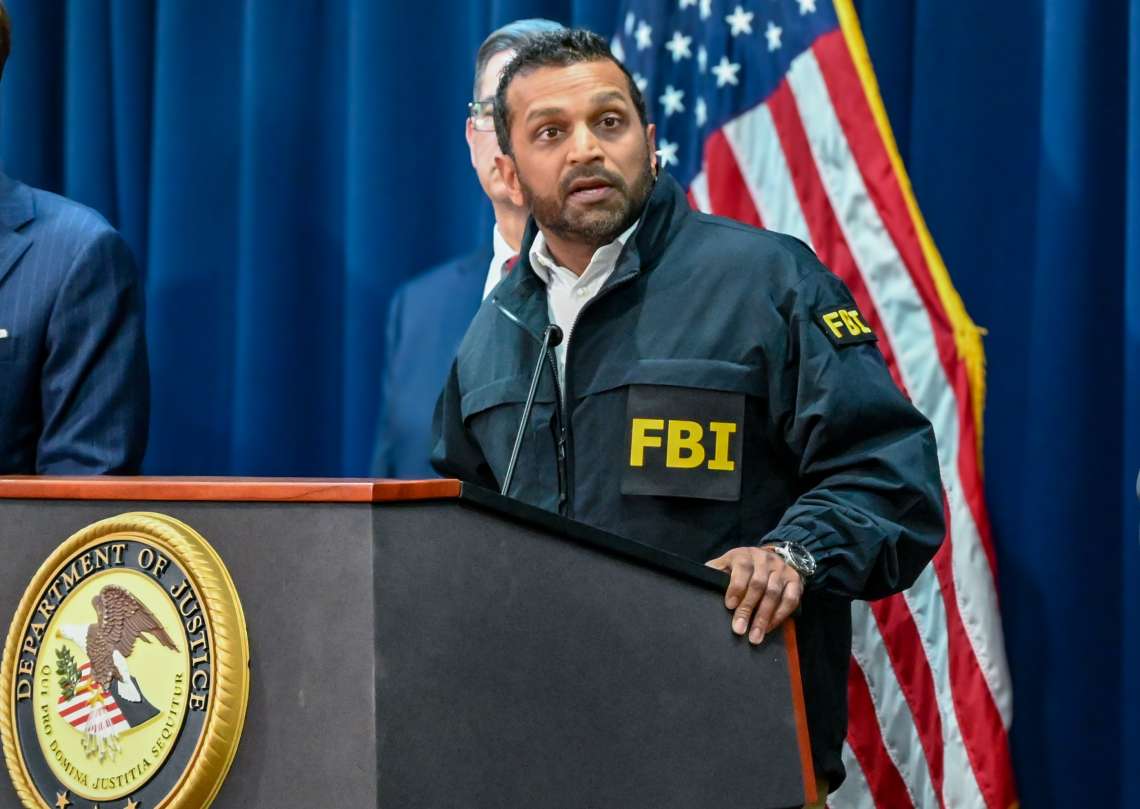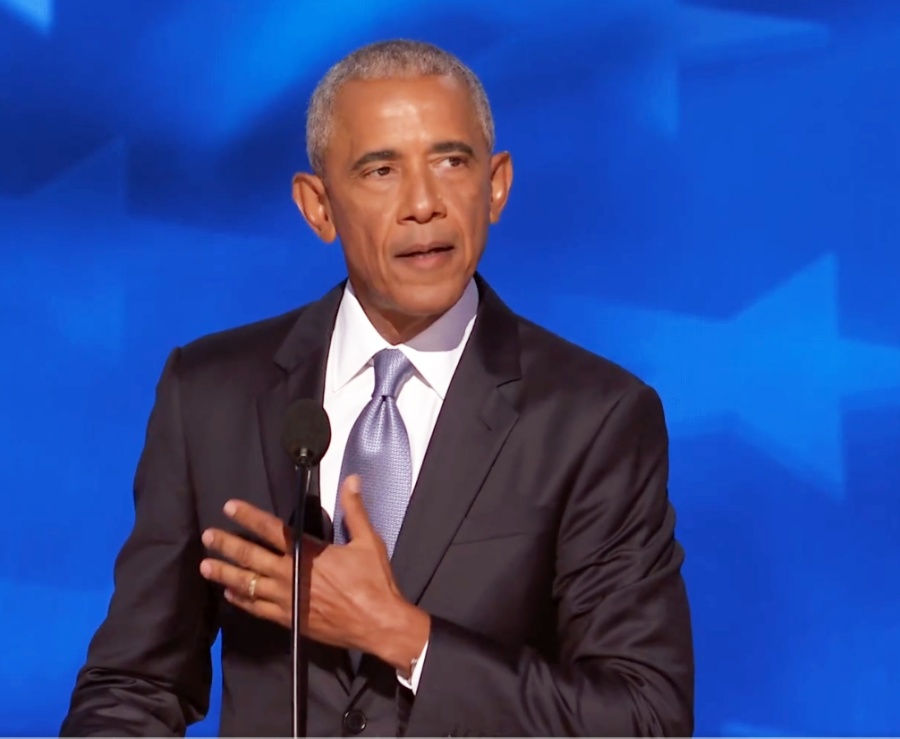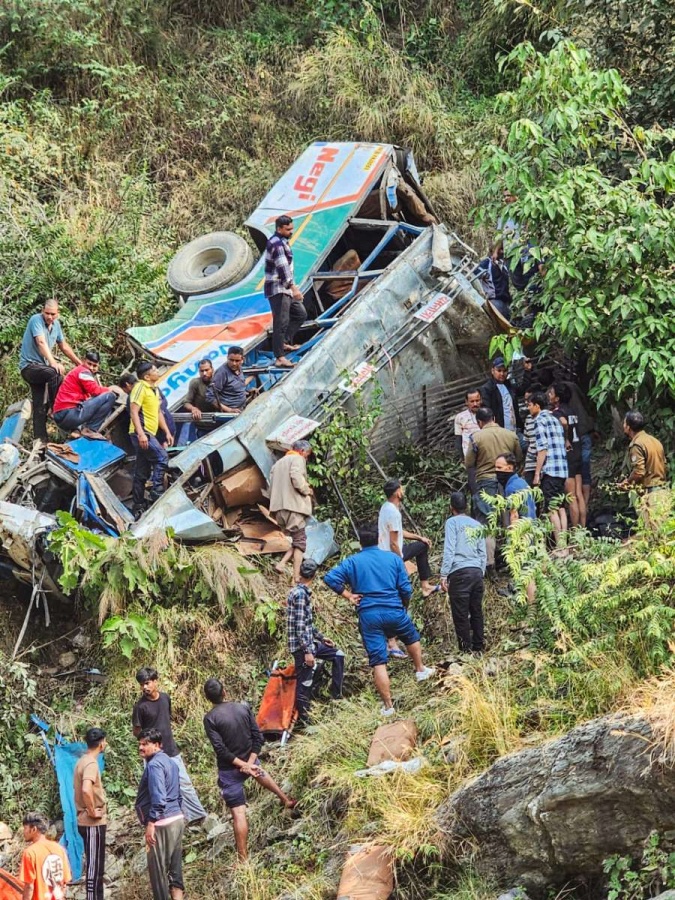The inclusion of Bengali on ballot papers is not just a courtesy but a legal requirement….reports Asian Lite news
More than 200 languages are spoken in New York, according to the Department of City Planning, backing the claim of it being the melting pot of America. However, the ballot papers in the US presidential elections will have only four other languages apart from English. And guess what? Bengali represents the Indian languages in this list.
“We are required to service four other languages besides English. It is Chinese, Spanish, Korean and Bengali as the Asian languages,” says Micheal J Ryan, Executive Director, Board of Elections, NYC.
Subhshesh, who works as a sales agent in a store in Times Square, has Bengali roots. He is happy that his father living in the Queens area will get linguistic assistance when he goes to cast his vote.
“People like me know English but there are many in our community who are comfortable in the native language. This helps them at the polling station. I am sure my father will like the idea of seeing a Bengali language ballot paper,” says Subhshesh.
The inclusion of Bengali on ballot papers is not just a courtesy but a legal requirement.
By law, New York City is obligated to provide voting materials in Bengali at certain poll sites. This mandate extends beyond just ballot papers to include other essential voting materials, ensuring comprehensive language support for Bengali-speaking voters.
Ryan explains the reason why Bengali is among the list of languages the Board of Elections serves. “There was a lawsuit about language access and as you know the country of India has a lot of different languages within it. The settlement of that lawsuit required within a certain population density to have an Asian Indian language. Then through some negotiations, they settled on Bengali. I understand the limitations of Bengali being the choice but it came out of a lawsuit. ” The first time the South Asian community in the Queen’s locality of New York found ballots translated into Bengali was in 2013.
The addition of Bengali-language ballots came nearly two years after the federal government ordered the city to provide language assistance to South Asian minorities under a provision of the 1965 Voting Rights Act.
The Bengali-speaking population includes people coming from Asian countries like India and Bangladesh. While it does not represent the whole gamut of languages spoken in the region, the inclusion of this language is expected to have a significant impact on voter participation within the Bengali-speaking community.
Dr Avinash Gupta, President, of the Federation of Indian Association says it helps the Indian community. “It will help the Indian population to go out and vote. That is how we can get our voices heard. We are a sizable population. It is heartening to see how Indians go out and vote and even contest elections”, says Dr Avinash Gupta.
ALSO READ: India-US Ties Unshaken by U.S. Elections: Jaishankar


